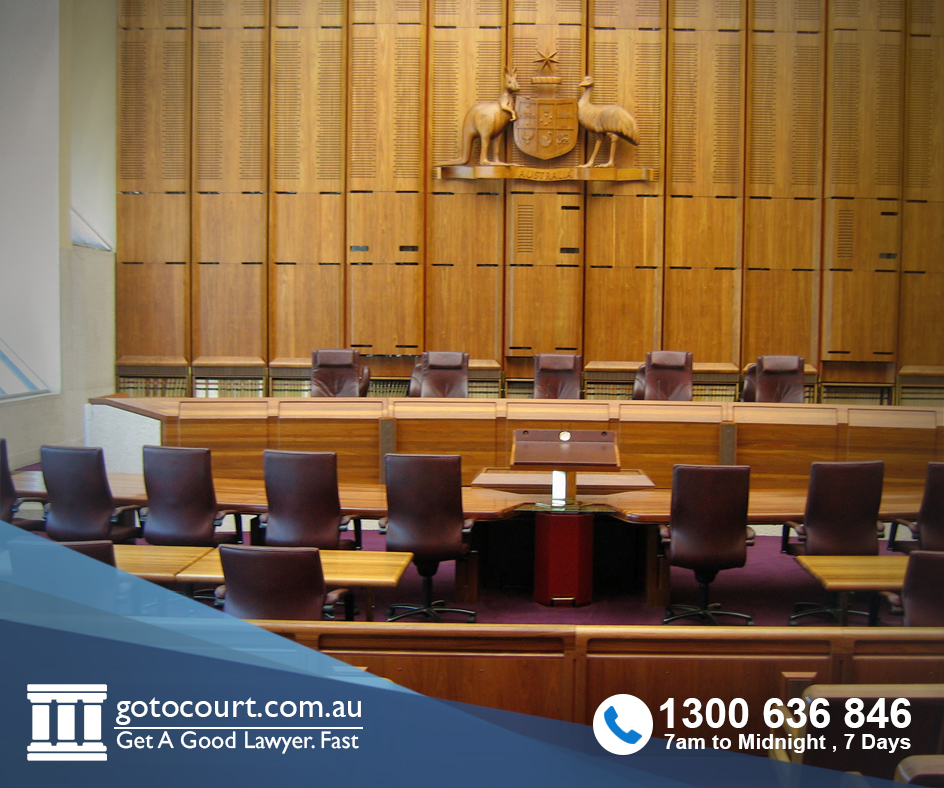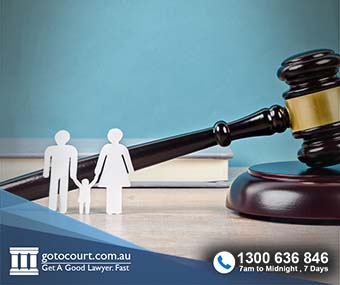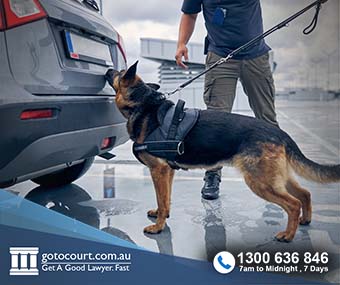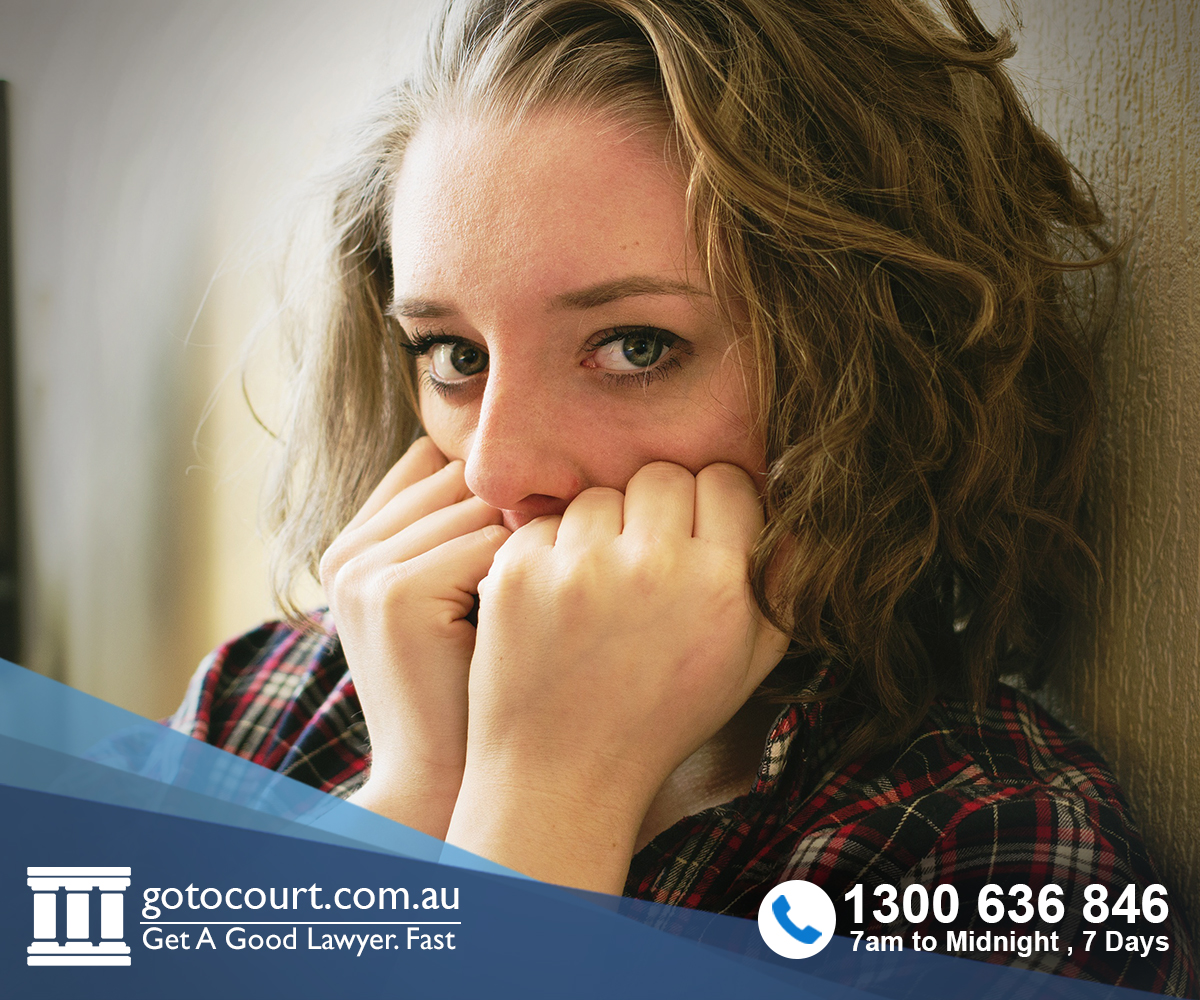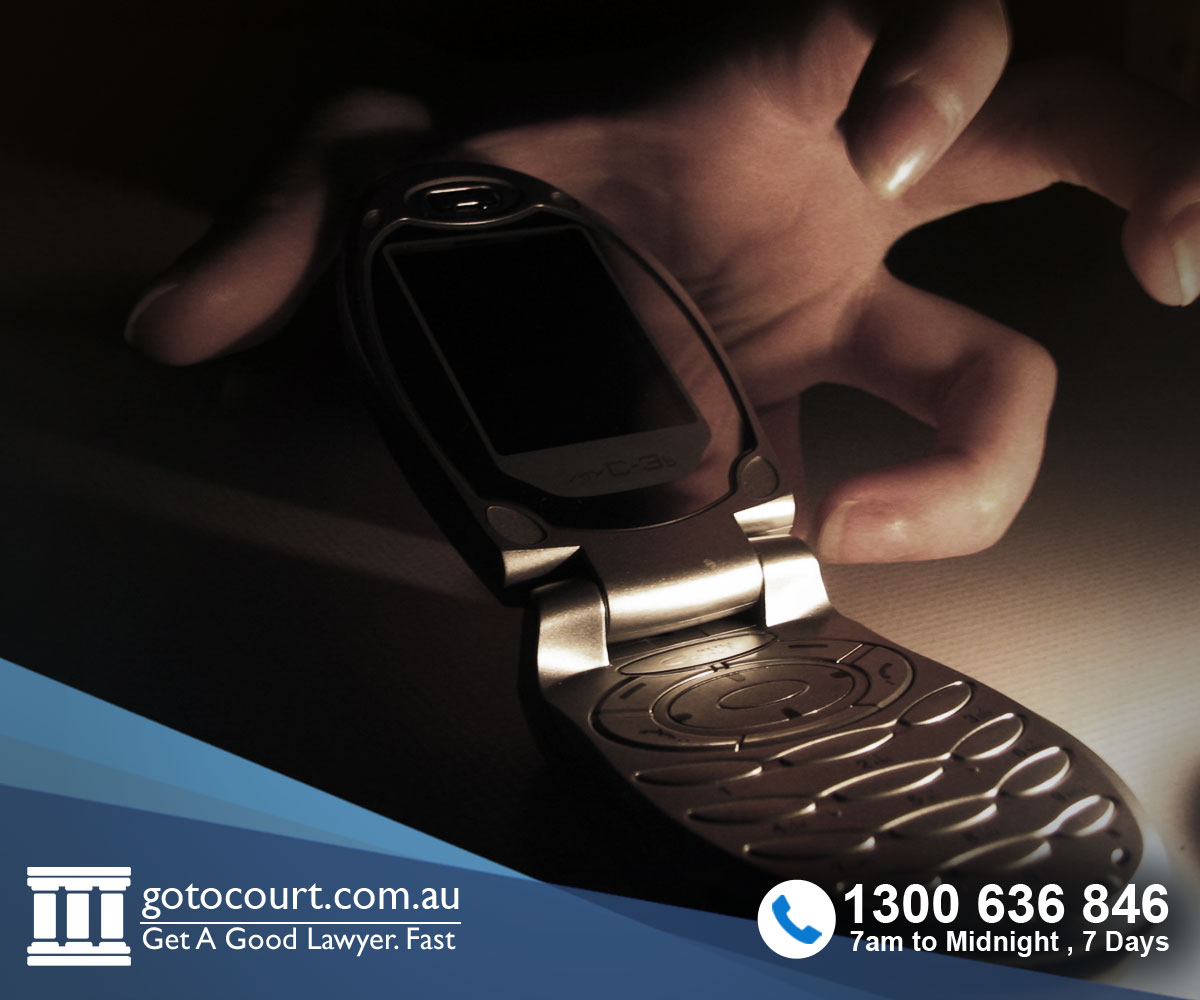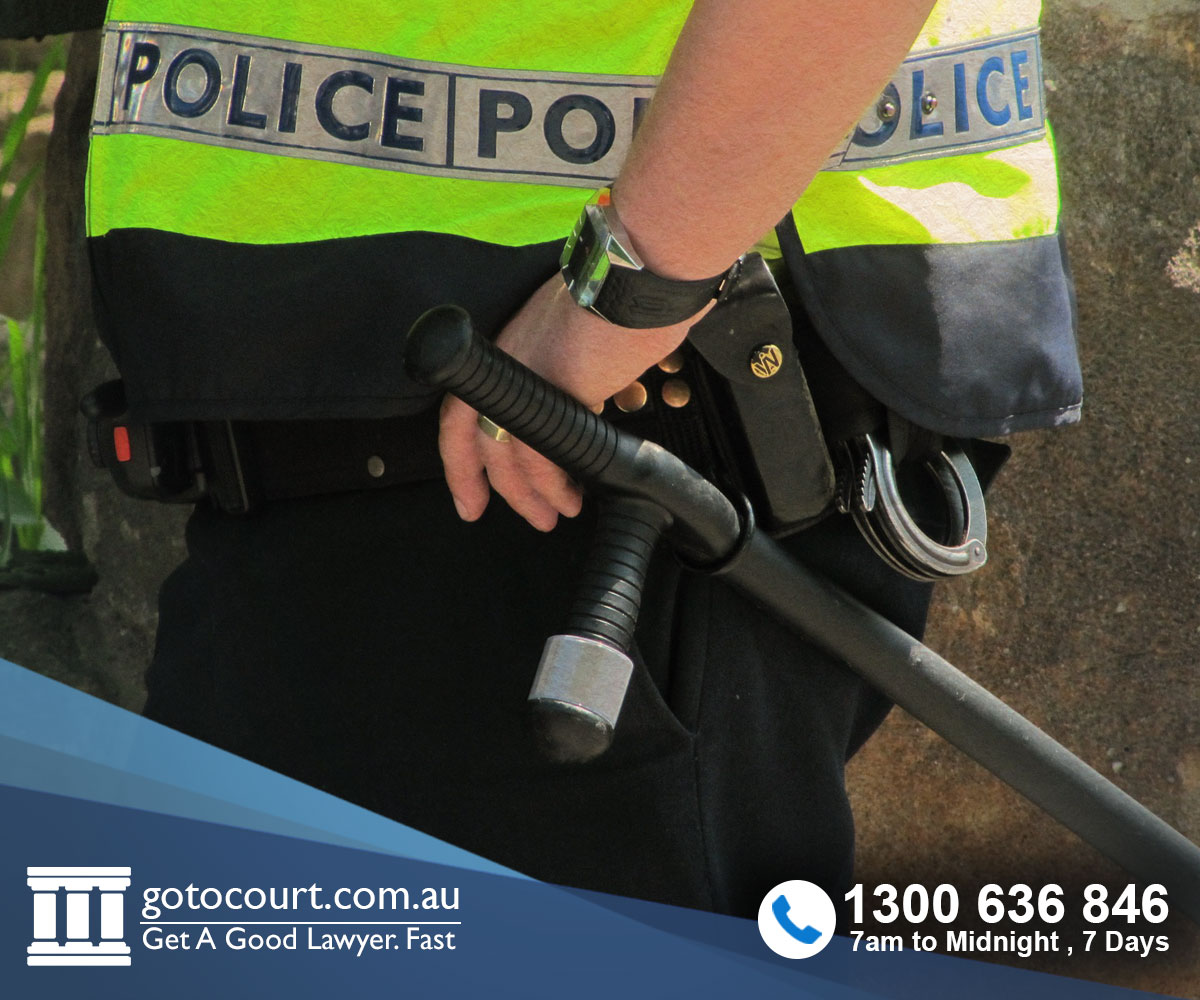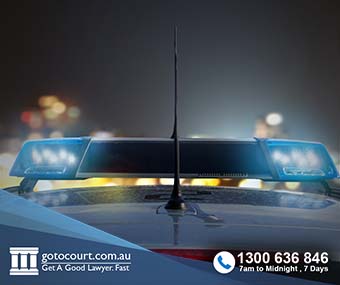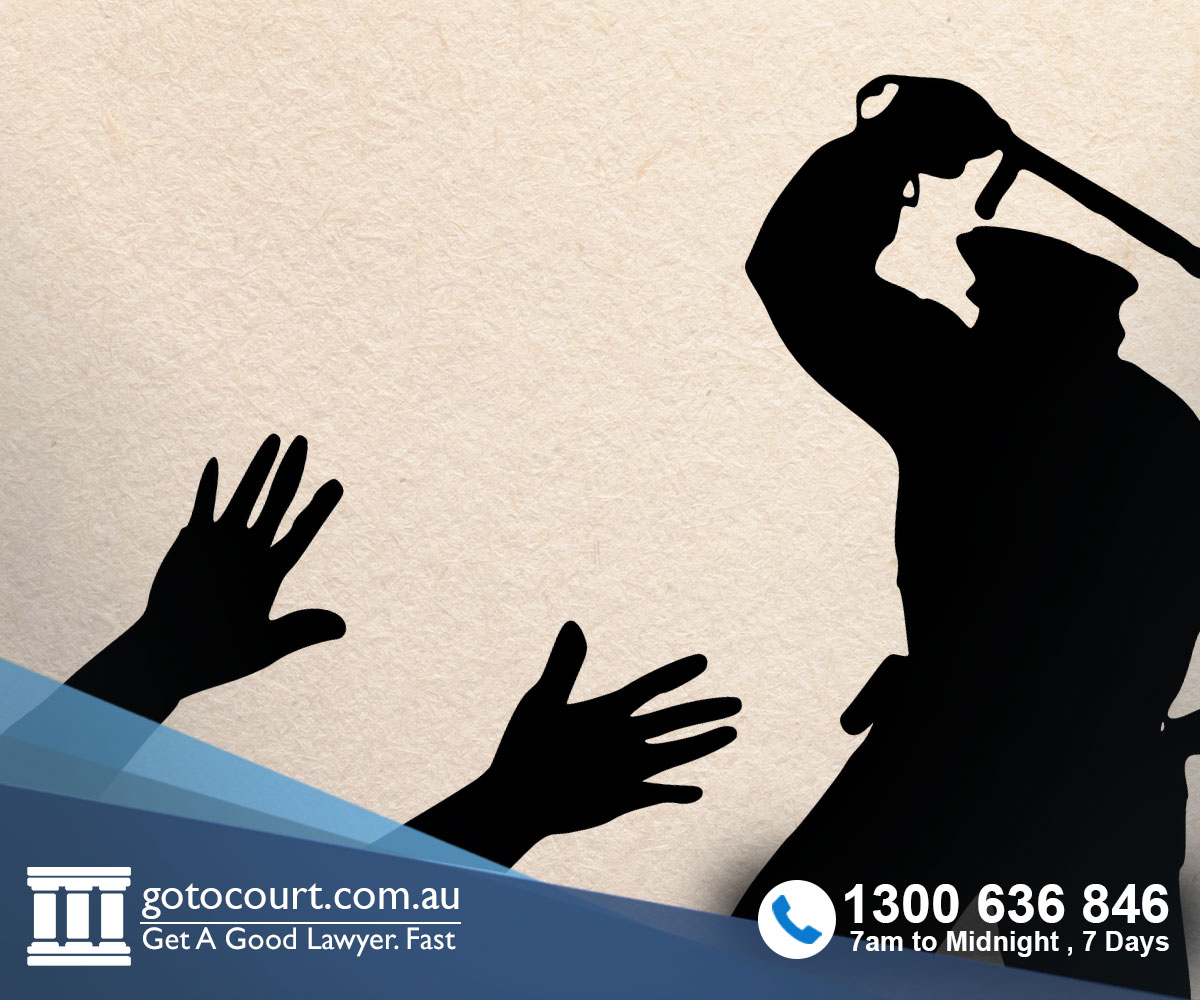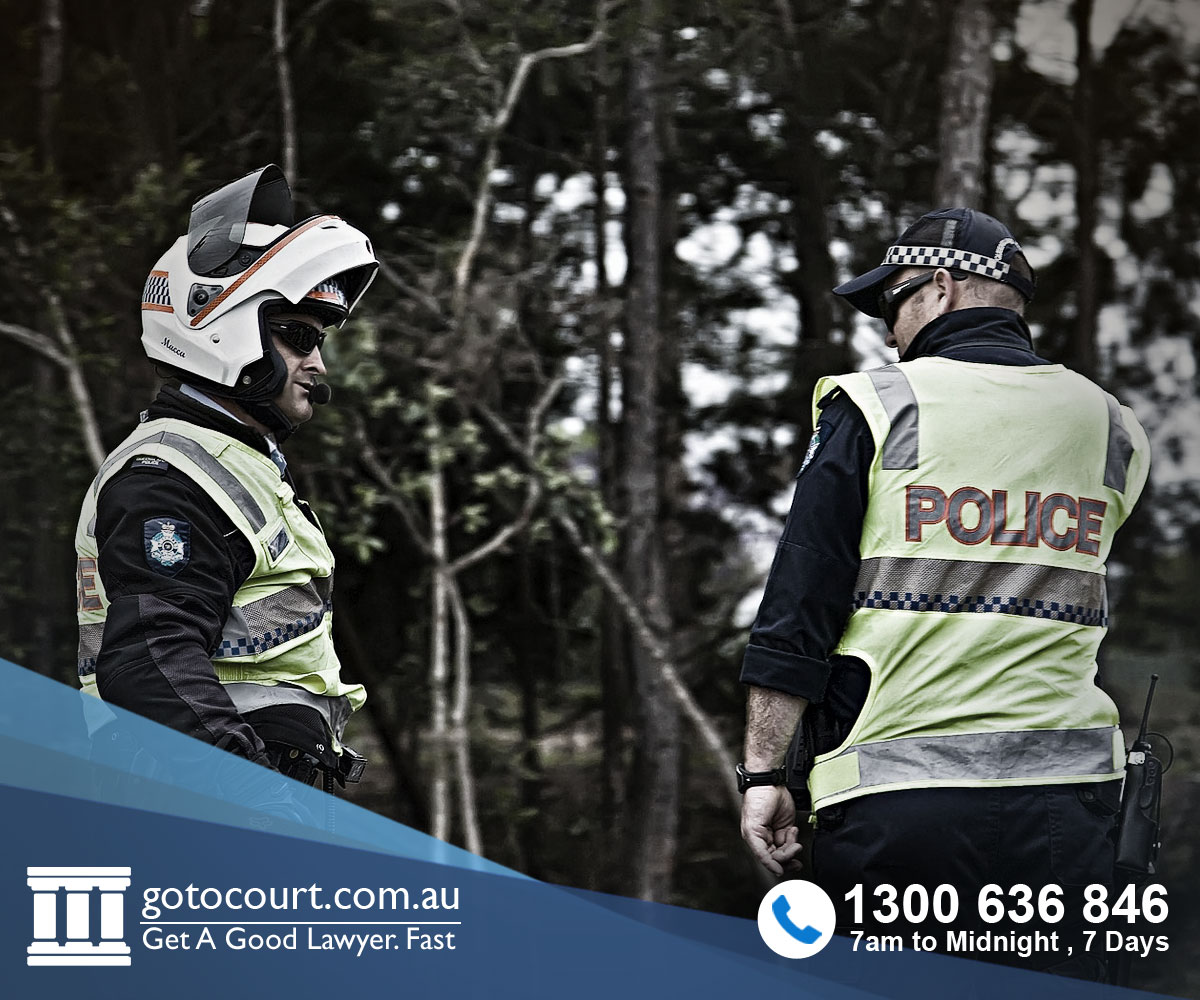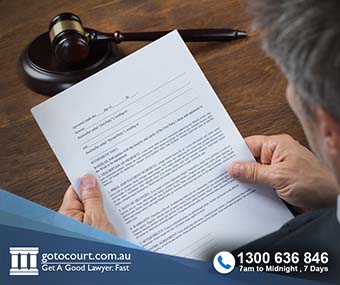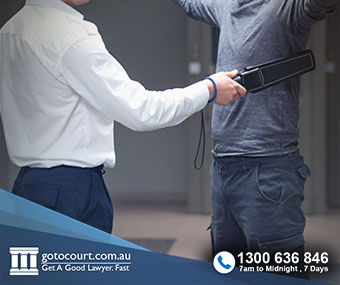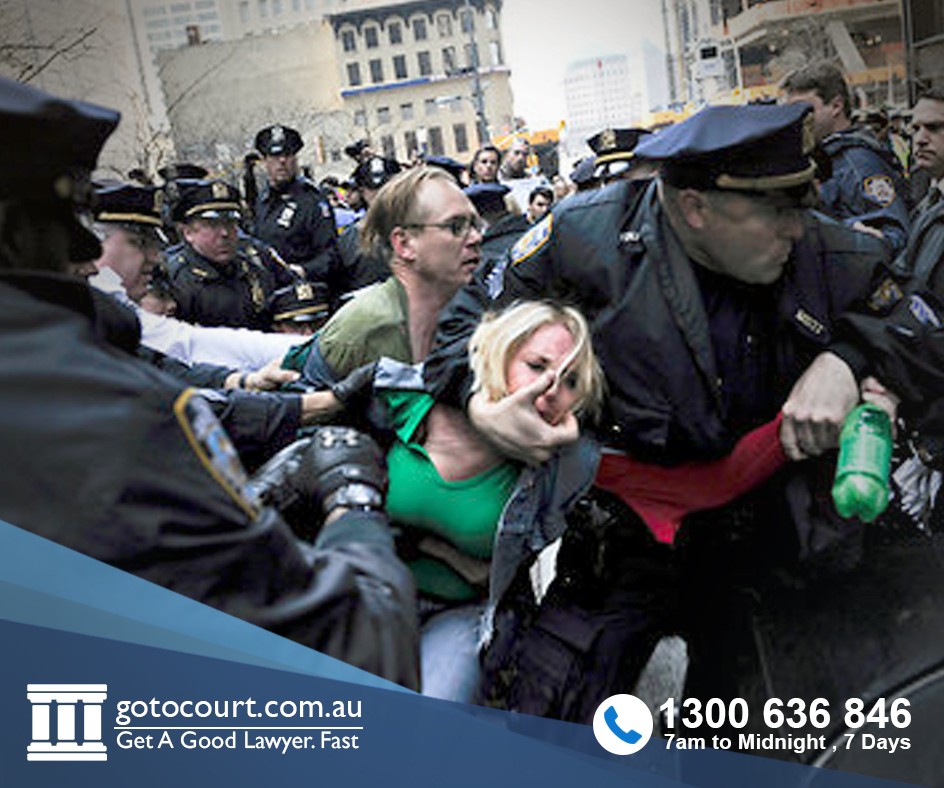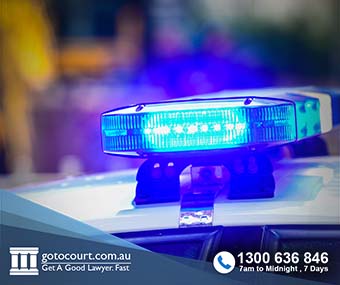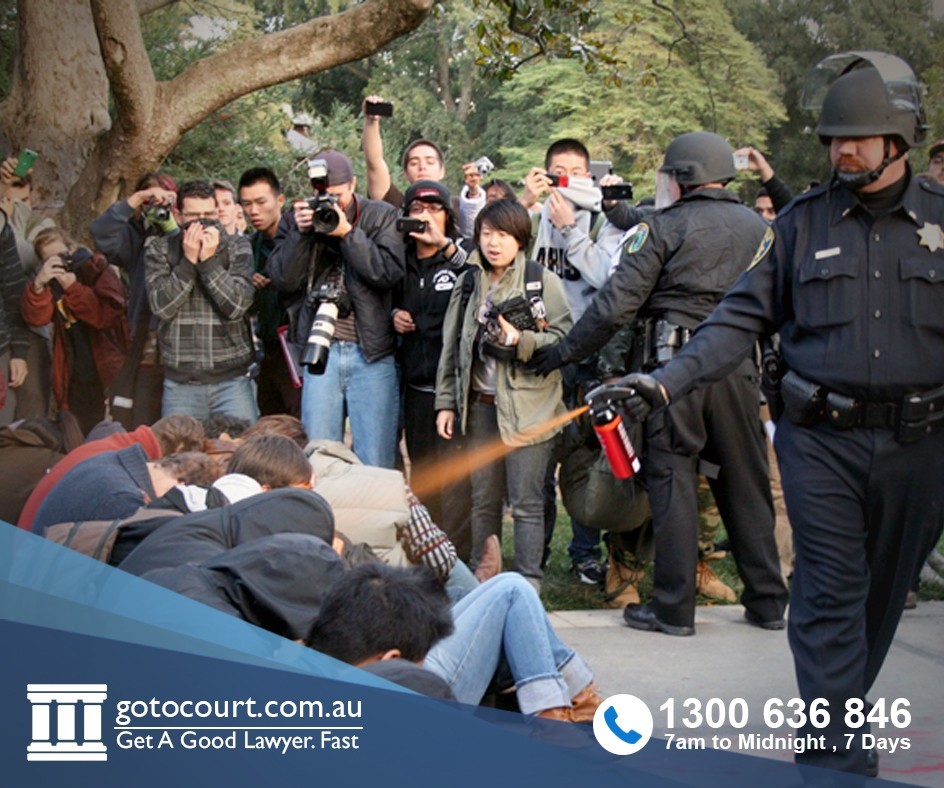Call our lawyers
now
or,
have our lawyers
call you
Personal Searches in New South Wales
Updated on Nov 21, 2022 • 6 min read • 626 views • Copy Link
Personal Searches in New South Wales
In New South Wales the Law Enforcement (Powers and Responsibilities) Act 2002 gives police the authority to stop, search and detain a person under certain circumstances. This article outlines the power of police to conduct personal searches in NSW.
When can the police search you?
In NSW, the police may conduct a personal search in any of the following situations:
- Where you agree.
- When you are under arrest or in custody. You can be searched when you are arrested and again at the police station. An authorised police officer can have a doctor examine you (if the examination is relevant to the charge) without your consent. Women should only be searched by a female officer or if one is not available, any other female.
- When the police have a search warrant. For state and crime commission warrants, police may search any person at the premises if they think they might have something on them connected to an offence. For Commonwealth warrants, a magistrate must authorise a search of a person at the time of the application for the warrant.
- When the police suspect, on reasonable grounds, that you are have stolen property or something to be used in a serious crime.
- When the police suspect, on reasonable grounds, that you (on you or in your vehicle) are carrying a prohibited drug.
- When the police suspect, on reasonable grounds, that you have a dangerous implement or knife. If you are a school student at school you can also be required to submit to a search of any bag or other personal effect that you have, and to submit to a search of your locker and anything inside the locker. You can nominate an adult (who is at the school) to be present during the search.
- When you are driving a vehicle which police believe, on reasonable grounds, was used in conjunction with an indictable offence.
- When you are identified by a sniffer dog. Dogs can only be used in authorised locations such as in or around pubs or clubs, at sporting events, concerts or on public transport platforms. It is grounds for a search if the dog sits down next to you.
The police may search a person if they have reasonable grounds or a reasonable suspicion. A reasonable suspicion must be more than a just a possibility and they must have actual grounds for it. If a personal search is undertaken and it is not reasonable then evidence found may not be able to be used in court. The police can conduct a personal search in New South Wales before and/or after arrest. Before searching a person, a police officer must show you proof that they are a police officer and tell you their name, police station, the reason for the search and that failing to comply is an offence.
New South Wales police must as far as is reasonably possible respect your dignity and privacy during the search. It must be conducted as quickly, as privately and in the least invasive way possible. If you are asked to remove your clothes they should tell you why it is necessary and ask for your co-operation.
When can the police do a frisk search?
A frisk or ordinary search may be conducted any time a search is allowed. A frisk search is conducted by quickly running hands or a metal detector over your outer clothing (including anything you have taken off and carry, such as a coat). An ordinary search is similar but may require you to remove any outerwear such as a coat or jacket.
When can the police do a strip search?
A strip search may be conducted if it is believed on reasonable grounds that it is necessary to do so because of the seriousness and urgency of the circumstances, but only if you are over the age of 10. A strip search requires you to remove all of your clothes for the search of you and of any articles in your possession. Your body can be examined (but not body cavities) without touching it and also your clothes. It shouldn’t be done in view of someone of the opposite sex or of anyone who does not need to be there, unless they are a doctor and you agree. They must not search breasts or genitals unless they suspect on reasonable grounds that it is necessary to do so.
You can’t be searched while you are being questioned. You must be allowed to dress as soon as it is over and if any of your clothing is seized they must ensure that you are left with or given reasonably appropriate clothing. Your parent, guardian or personal representative may be present during the search if you agree and it is reasonably practicable in the circumstances. If you are under 18 years or have impaired intellectual functioning, you must be searched in the presence of a parent or guardian (or other person if you prefer) or someone who is capable of representing your interests and who is acceptable to you. Under the Customs Act 1901 (Cth), people coming into Australia must answer questions from customs officers and have their luggage inspected even where there is no reason to suspect anything illegal. Officers can also conduct a frisk search or an external search. A frisk search is a quick feel of your outer garments, including anything removed. An external search involves a search of your body (but not body cavities) and any clothing. If you refuse a frisk or an external search, an order for the search can be made by an authorised officer.
An internal search may be conducted if you are reasonably suspected of internally concealing something illegal. If you don’t consent to an internal search, the officer must apply to a judge for an order for a doctor to carry out the search. Arrangements must be made for privacy and the search conducted by an officer of the same sex. An authorised officer must then seek a detention order from a judge or magistrate.
If you require legal advice or representation in any legal matter, please contact Go To Court Lawyers.


Affordable Lawyers
Our Go To Court Lawyers will assist you in all areas of law. We specialise in providing legal advice urgently – at the time when you need it most. If you need a lawyer right now, today, we can help you – no matter where you are in Australia.How It Works








1. You speak directly to a lawyer
When you call the Go To Court Legal Hotline, you will be connected directly to a lawyer, every time.


2. Get your legal situation assessed
We determine the best way forward in your legal matter, free of charge. If you want to go ahead and book a face-to-face appointment, we will connect you with a specialist in your local area.


3. We arrange everything as needed
If you want to go ahead and book a fact-to-face appointment, we will connect you with a specialist in your local area no matter where you are and even at very short notice.



